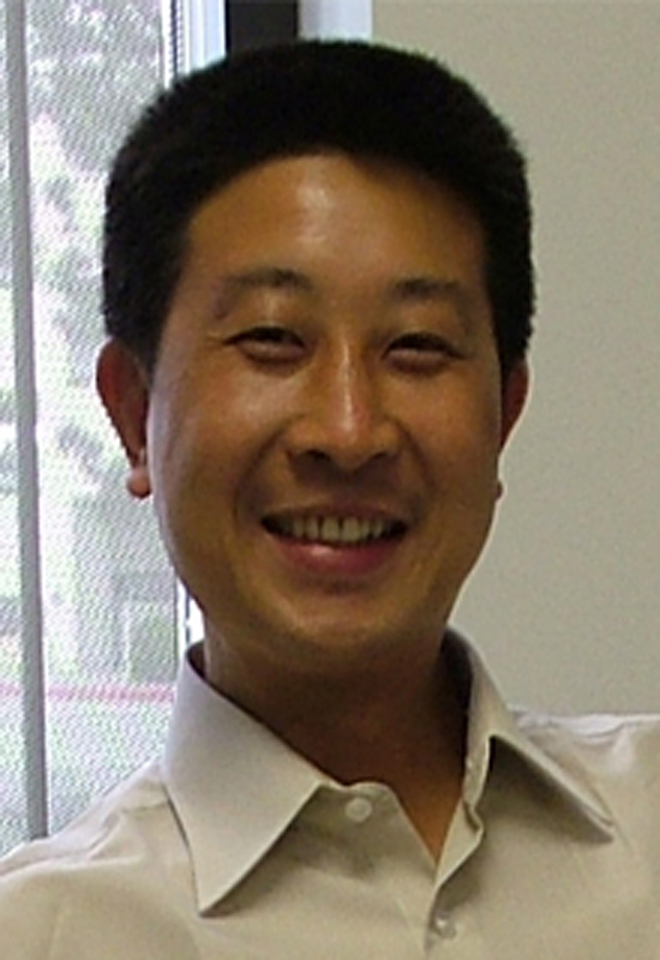XING Guo-Gang, Ph.D. Professor, Vice director Neuroscience Research Institute, Peking University Department of Neurobiology, School of Basic Medical Sciences, Peking University Key Laboratory for Neuroscience, Ministry of Education of China & National Health Commission of China Laboratory for Molecular Studies on Chronic Pain Phone: 86 (0)10 8280 5842 Email: ggxing@bjmu.edu.cn Academic experience 2013 - present Professor, Department of Neurobiology, School of Basic Medical Sciences, Peking University 2004 - 2013 Associate Professor, Department of Neurobiology, School of Basic Medical Sciences, Peking University 2004 - 2006 Visiting scholar, Sanford Burnham Prebys Medical Discovery Institute (SBP) and Department of Physiology, University of Wisconsin-Madison, USA. 2003 - 2004 Lecturer, Department of Neurobiology, School of Basic Medical Sciences, Peking University 2001 - 2003 Postdoctoral researcher, Department of Neurobiology, School of Basic Medical Sciences, Peking University 1998 - 2001 Ph.D., Department of Physiology, School of Medicine, Xi'an Jiao Tong University Research interests Dr. Xing’s research interests mainly focus on the mechanisms underlying chronic pain as well as pain modulation, pain memory and pain-related negative emotion. He devoted his research to elucidate the initiation, development and maintenance of chronic pain, to investigate the roles of receptors and ion channels, key molecules and signaling pathways in the pathogenesis of chronic pain, and the neurocircuitry mechanisms of chronic pain, such as the encoding of nociceptive signaling in the brain, the neural circuit of pain and its role in acupuncture-mediated analgesia. Also, he engaged his research to illuminate the mechanisms underlying the comorbidity of chronic pain with mood disorders including anxiety and depression. Moreover, Xing’s lab is also interested in the mechanisms underlying the pathogenesis of asthenozoospermia, one of the most common findings present in infertile men. Multi-disciplinary approaches and techniques are utilized in Dr. Xing’s lab, which include molecular biology, cell biology, morphology, behavioral pharmacology, iPSC, genome editing, as well as imaging, epigenetics, optogenetics, chemogenetics, and electrophysiology such as in vivo extracellular recording, patch-clamp recording, and in vivo multichannel recording in awake, free-moving animals.












